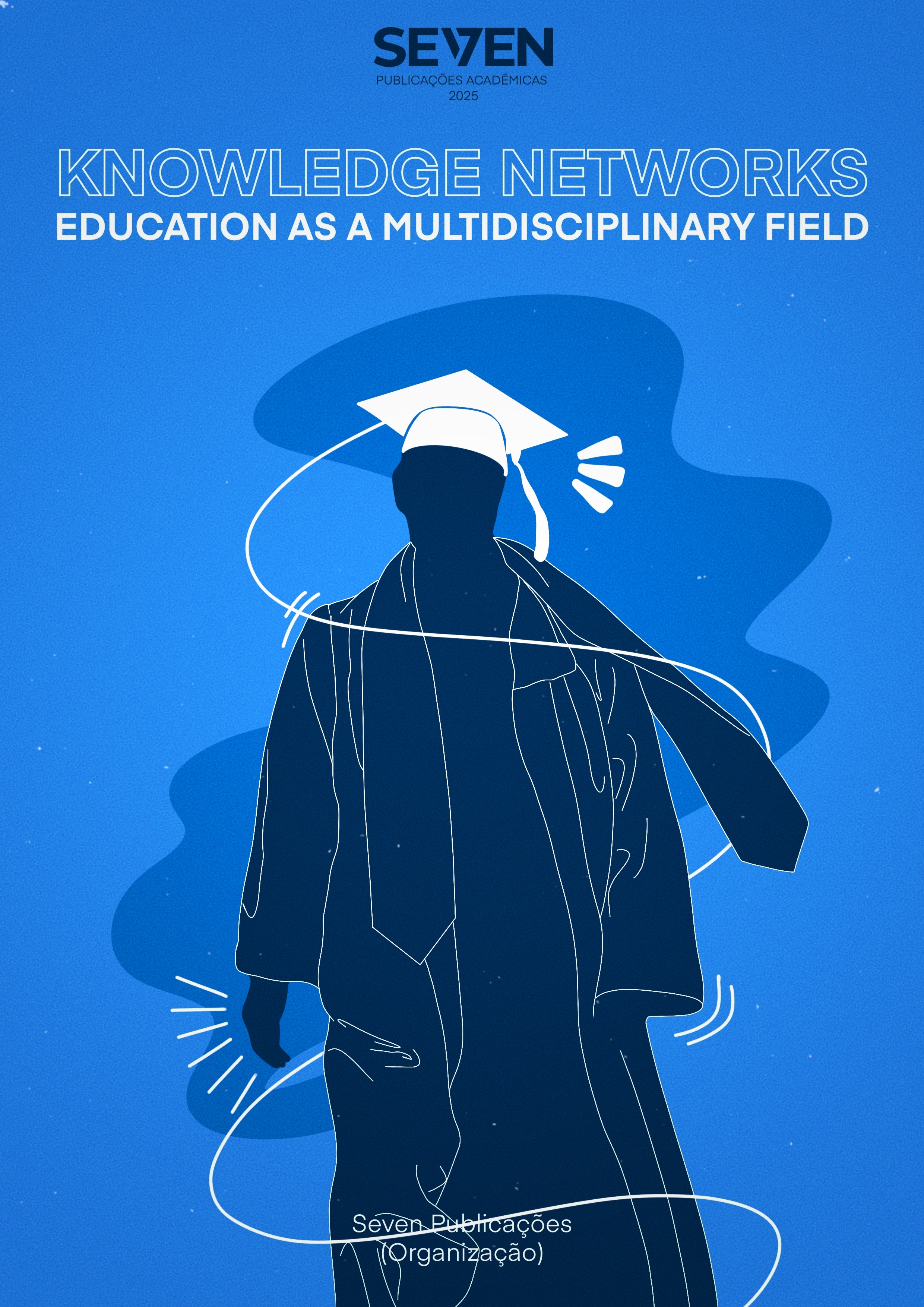THE USE OF ARTIFICIAL INTELLIGENCE, MATHEMATICAL MODELING AND PROBLEM SOLVING AS ENHANCERS IN THE MATHEMATICS TEACHING AND LEARNING PROCESS IN THE SEVENTH YEAR OF ELEMENTARY SCHOOL
Keywords:
Artificial Intelligence, Mathematical Modeling, First-Degree EquationsAbstract
This article aims to verify the potentialities of using Artificial Intelligence, Mathematical Modeling, and Problem Solving in the 7th grade of Elementary Education. Artificial Intelligence is a current topic and is thus considered of great importance to verify the possibilities of this tool in the school environment and, in the case of this article, in Mathematics learning. For this purpose, a didactic sequence was developed, starting with the introduction of technological tools to the students, presenting some problems to be solved, modeling certain climatic situations, and presenting the results. The activity was carried out with a group of five 7th-grade students from a public school in the metropolitan region of Porto Alegre. The choice of students at this educational level is because algebra content is introduced at this stage, marking a significant shift in conceptual paradigms and mathematical abstraction. This skill is a major challenge for the current generation, known as Generation Alpha, which is driven by agility, curiosity, independence, difficulty in concentrating, surrounded by technology and connectivity, and values experience over theory. On the other hand, AI might cause students to not put effort into solving the proposed exercises, thus hindering their learning. The research led to some relevant findings about the use of this tool: it encourages student engagement in Mathematics classes, aids in the individualization of teaching, supports the transition from the concrete operational stage to the formal operational stage according to Piaget's genetic epistemology. The use of AI in Mathematics classes must be supervised, and all results must be validated, as Artificial Intelligence can make errors, and finally, it may cause cognitive dependence due to its inadequate use and lack of teacher supervision.
Downloads
Published
Issue
Section
License
Copyright (c) 2025 Julius Kahoru Yassaki Filho, Valéria de Fátima Maciel Cardoso Brum

This work is licensed under a Creative Commons Attribution-NonCommercial 4.0 International License.





